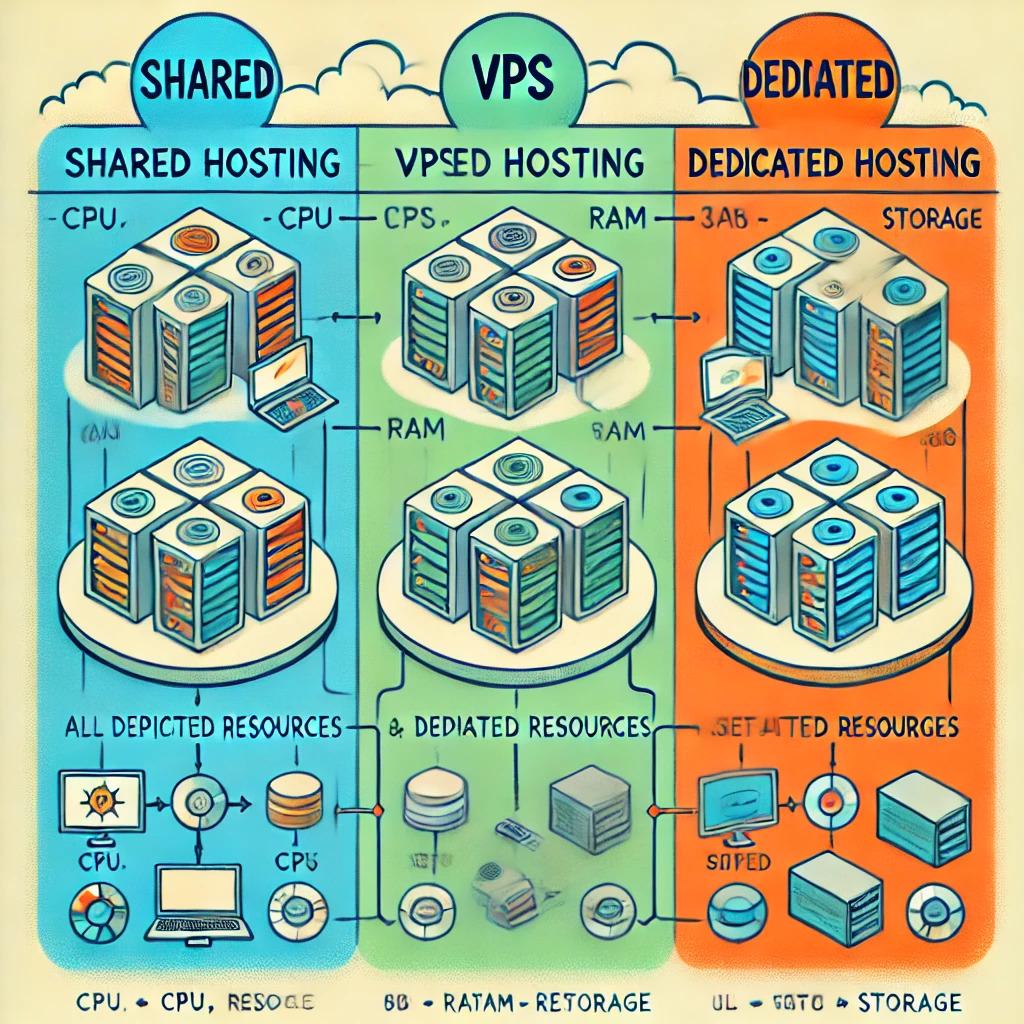The Importance of SSL Certificates for Website Security and SEO

In today’s digital landscape, security is a top priority for both website owners and users. One key tool in ensuring the safety of a website is the SSL certificate. But why is it so important? And how does it impact both the security and the search engine optimization (SEO) of your website? What is an SSL Certificate? SSL (Secure Sockets Layer) certificates create an encrypted connection between a user’s browser and the web server. This encryption ensures that any data transferred between the two remains private and secure. You can identify an SSL-enabled site by the “HTTPS” prefix and the padlock icon in the browser address bar. How SSL Enhances Website Security Without SSL, data sent between a visitor and your site is vulnerable to interception. This can include sensitive information such as login credentials, credit card numbers, and personal data. An SSL certificate protects your visitors by encrypting this information, making it nearly impossible for hackers to access. SSL’s Role in SEO Google has made it clear that SSL certificates are essential for SEO. In fact, back in 2014, Google announced that websites using SSL would receive a ranking boost in its search results. While SSL alone won’t guarantee a top spot, it’s one of many critical factors that search engines consider when ranking your site. Trust and User Experience Having an SSL certificate also improves trust and user experience. Visitors are more likely to trust a site with HTTPS, especially when making transactions or submitting personal information. If your website is labeled as "Not Secure," it can quickly scare away potential customers, hurting your bounce rate and overall engagement. How to Obtain an SSL Certificate Obtaining an SSL certificate is easier than ever. Many hosting providers offer free SSL certificates through services like Let’s Encrypt. Higher-tier hosting plans may include premium SSL certificates, which provide additional validation for your website’s identity. Conclusion Incorporating an SSL certificate into your website’s infrastructure is no longer optional. It is a necessity, not only for protecting user data but also for maintaining a strong SEO presence. If you haven’t already made the switch to HTTPS, now is the time to prioritize your site’s security and reputation.

